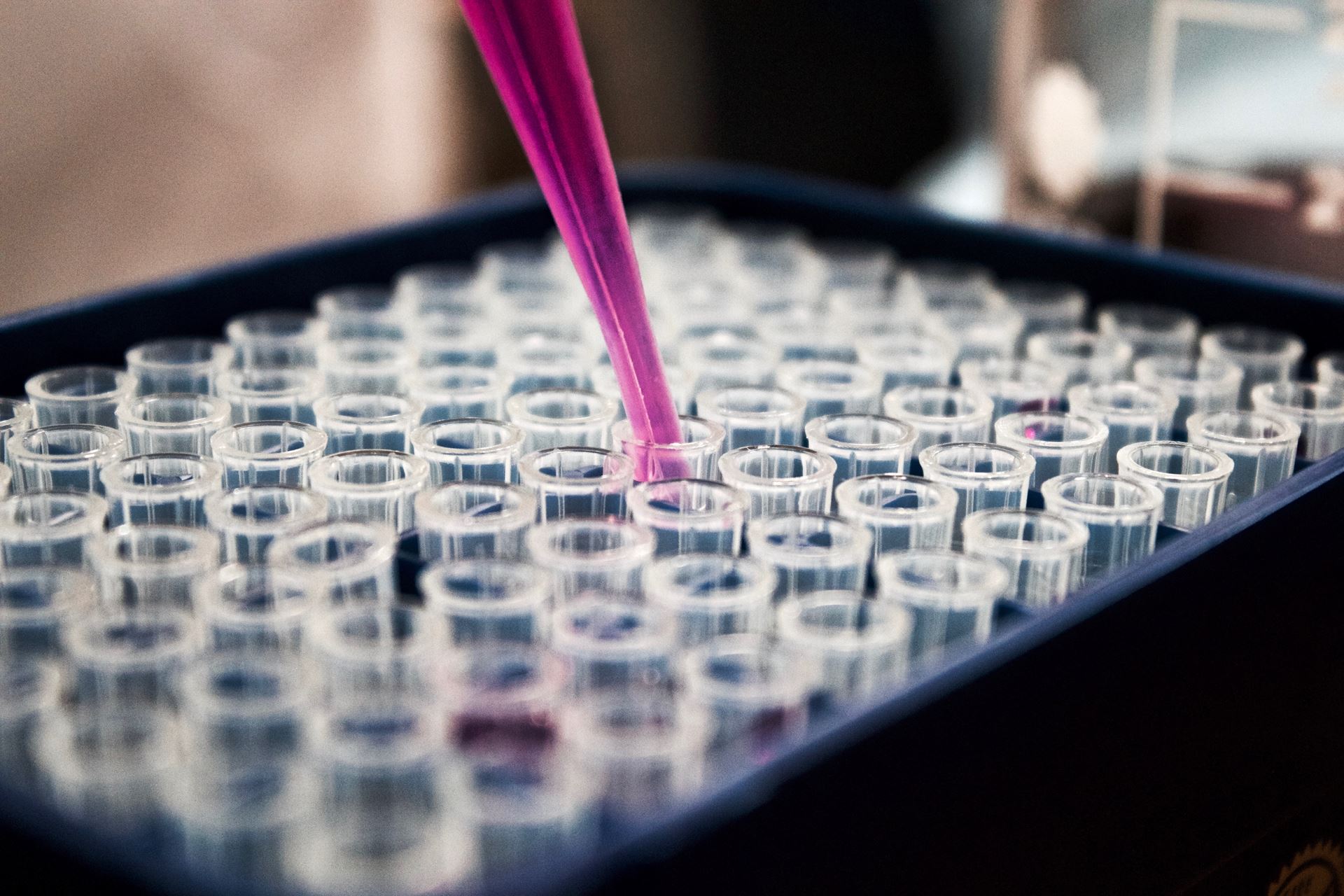Tests & Results
Results Of Tests And Investigations
The doctor may on occasion arrange for you to have certain tests. These can include the following:
- Blood tests
- Urine Tests
- Xrays
- Ultrasound
You should contact the surgery to obtain your result a week to 10 days after the test. You can obtain results by registering with the surgery website and requesting through the online portal or telephoning the surgery after 3pm on any weekday.

Blood Tests
If you require blood tests the doctor will give you a blood request form for you to take with you to the phlebotomist or person who takes the blood sample. Blood tests can be performed at the surgery or Wellswood House or Barnet Hospital by appointment only.
At other times the doctor may ask you to have tests at the surgery such as swabs taken for infection, an ECG or heart tracing, or other special blood pressure, circulation, breathing or hearing tests.
A blood test is when a sample of blood is taken for testing in a laboratory. Blood tests have a wide range of uses and are one of the most common types of medical test. For example, a blood test can be used to:
- assess your general state of health
- confirm the presence of a bacterial or viral infection
- see how well certain organs, such as the liver and kidneys, are functioning
A blood test usually involves the phlebotomist taking a blood sample from a blood vessel in your arm and the usual place for a sample is the inside of the elbow or wrist, where the veins are relatively close to the surface. Blood samples from children are most commonly taken from the back of the hand. The childs hand will be anaesthetised (numbed) with a special cream before the sample is taken.
You can find out more about blood tests, their purpose and the way they are performed on the NHS Choices website.
X-Rays
An X-ray is a widely used diagnostic test to examine the inside of the body. X-rays are a very effective way of detecting problems with bones, such as fractures. They can also often identify problems with soft tissue, such as pneumonia or breast cancer.
If you have an X-ray, you will be asked to lie on a table or stand against a surface so that the part of your body being X-rayed is between the X-ray tube and the photographic plate.
An X-ray is usually carried out by a radiographer, a healthcare professional who specialises in using imaging technology, such as X-rays and ultrasound scanners.
You can find out more about x-ray tests, how they are performed, their function and the risks by visiting the NHS Choices website.
Page created: 02 September 2019
